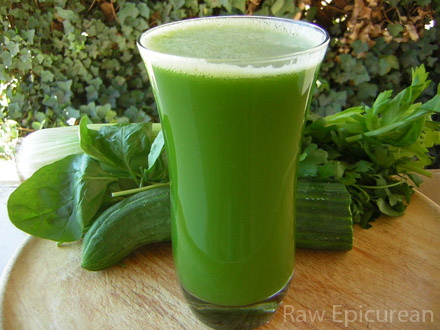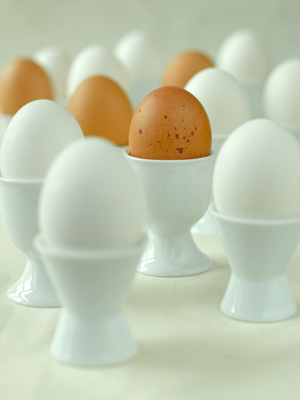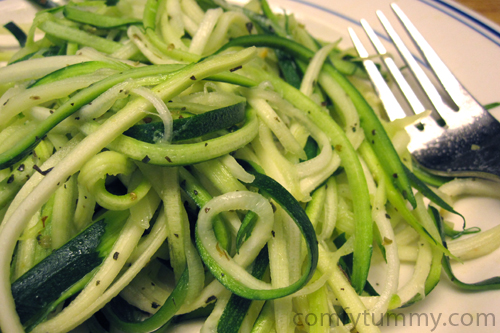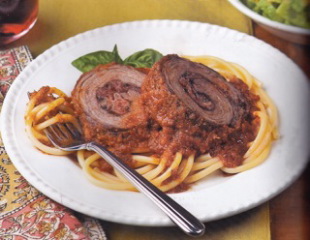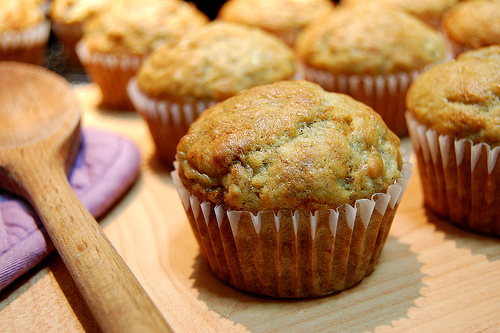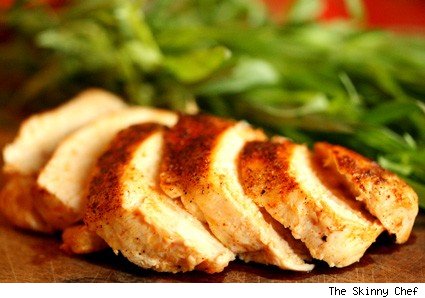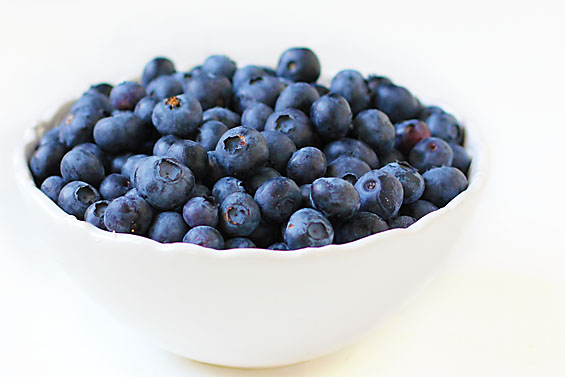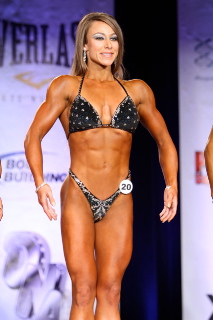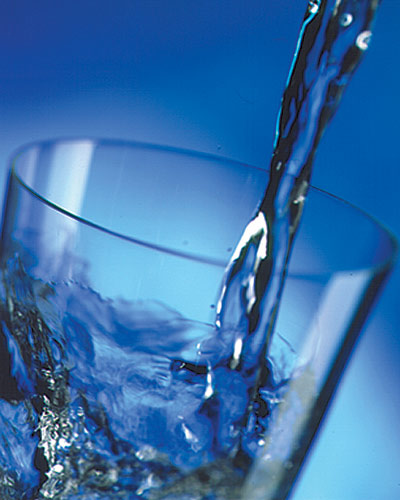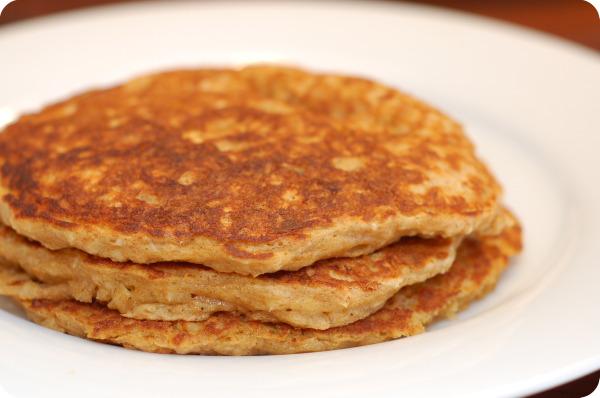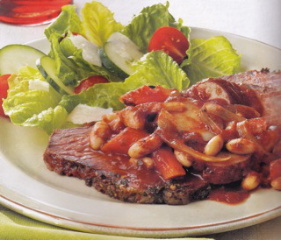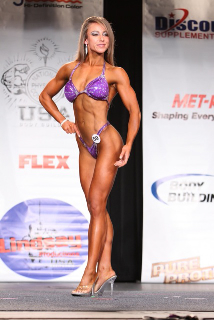Can’t seem to eat enough vegetables? Try Drinking them!
Celebrity Trainer Lauren Kern Buddy Workout
Celebrity Trainer Lauren Kern’s Get Your Butt Out of Bed Workout
Celebrity Trainer Lauren Kern @ Home Workout
WHAT VEGETARIANS NEED TO KNOW TO DECREASE BODY FAT AND INCREASE LEAN MUSCLE
INTRO
Throughout my career as a Personal Trainer and Sport and Exercise Nutrition Specialist, I have worked with many vegetarians whose primary concerns include decreased body fat and increased lean muscle. Nutrition is responsible for over 60% of exercise results; frequent exercise often yields no physical results because proper nutrition is lacking.
From my experience, I have often found that vegetarians have more trouble losing weight and building muscle than non-vegetarians. This has led me to believe that many vegetarians need to develop a better understanding of nutrition in order to successfully reach their fitness-related goals.
Here is everything a vegetarian needs to know in order to achieve body fat loss and lean muscle gains.
ARE YOU GETTING ENOUGH PROTEIN?
Losing weight and building lean muscle with minimized access to complete protein sources is a difficult task for many vegetarians, but it doesn’t have to be. Women who exercise regularly should be consuming 20-30 grams of protein 5 times per day. Men who exercise regularly should be consuming 40-60 grams of protein 5 times per day.
ARE YOU A VEGETARIAN OR A PESCITARIAN?
Many vegetarians eat seafood. This source of complete protein often makes it easier to accomplish physique goals. Based on the protein goals listed above, 4-6 oz of most seafood sources is equivalent to one serving of protein for women. Men should consume 6-8 oz. Food scales can help to better understand what a proper serving size measures up to. They are very inexpensive and can be found at places like Target, Wal-Mart, Best-Buy, and Bed, Bath, and Beyond.
If you do not have access to a food scale, then use your hand as a measurement tool; typically, one serving of fish for women should be the same size as the palm of your hand. For men, one serving of fish should equal two palms.
My only concern with a higher-than-normal seafood diet is an increased risk of heavy metal exposure. I recommend that pescitarians take advantage of this complete protein source up to 2 times per day, but should limit consumption to the following sources:
Salmon: Alaska wild only. Others AND farmed may contain PCBs
Sardines: Great choice. Pacific U.S. are the best.
Halibut: Pacific U.S. is best, but even it is high in mercury. Avoid all other Halibut.
Shrimp: Pink from Oregon is the best. U.S. and Canada is OK. Avoid all imported.
Snapper: Avoid. Overfished.
Scallops: Farmed are the best. Others are OK.
Stay away from all Asian imported seafood.
For more info go to and
These sites will provide more information as to which forms of seafood are safest for consumption.
DO YOU EAT EGGS?
Some vegetarians eat eggs. Egg whites are a fantastic source of lean, complete protein and they are one of the easiest-digesting forms of complete protein for most people. Free-Range, organically farmed brands are preferred. According to the daily protein recommendations that I have listed above, one serving of egg whites for women is 4-5 whites and one serving for men is 6-8 whites.
Fresher eggs are always the best option. Liquid egg whites are available at most grocery stores, but often contain preservatives. Egg white and veggie omelets make for a perfect meal.

